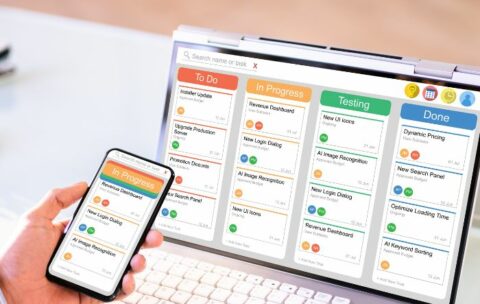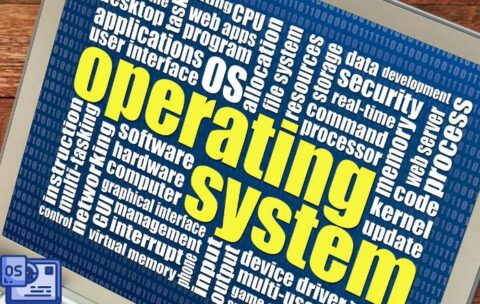DevOps and Automation Mastery: Streamlining Software Delivery
In the ever-evolving landscape of software development, the fusion of …
What you'll learn
Efficient DevOps Practices: Automation for Agile Development
In the fast-paced world of software development, the convergence of …
What you'll learn
Automating DevOps Workflows: Accelerating Software Deployment
In the dynamic landscape of software development, the convergence of …
What you'll learn
Strategic IT Project Leadership
In today’s rapidly evolving technological landscape, the role of IT …
What you'll learn
Agile Project Management in the IT Sector
In a fast-paced and dynamic IT landscape, the ability to …
What you'll learn
Effective IT Project Governance and Delivery
In the dynamic realm of IT project management, successful outcomes …









